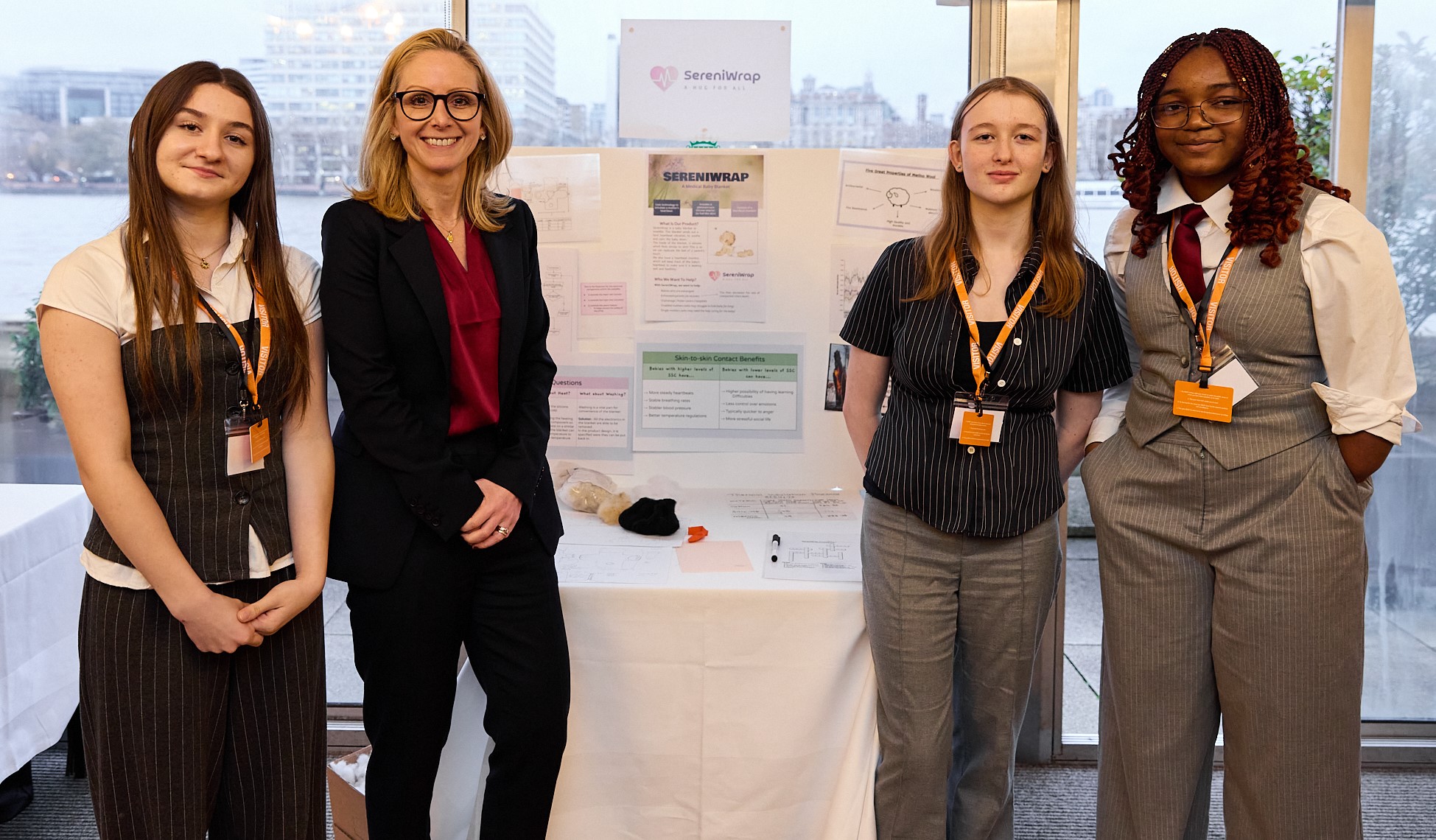New research by Alzheimer’s Society shows that many people in the West Midlands are confused over what could be a sign of dementia and what is more likely to be general absent-mindedness. The findings come as Alzheimer’s Society reveals that calls to its Helpline increase by a staggering 60 per cent (Dec 2014 – Jan 2015) from people seeking advice and support after the festive season, many of whom are worried about what could be signs of dementia.
At Christmas, when people spend a lot of time together with family or friends whom they haven’t seen for a while, they could be more likely to notice changes that could be signs of dementia.
Many people in West Midlands did recognise that repeatedly forgetting names of family members and everyday objects could be a sign of dementia (65%). But more than half (55%) of people also thought putting everyday objects in the wrong place (e.g. a mug of tea in the cupboard) could mean someone has dementia. Absent-minded mistakes are relatively common but when a person shows confusion around the order in which day to day tasks are carried out, such as the order in which you make a cup of tea, this could indicate a sign of dementia.
As a result of the findings the charity cautions that there needs to be greater understanding about the signs that could indicate dementia.
Dementia affects everyone in different ways, but people should seek medical advice if they notice that they:
- struggle to remember recent events, although they can easily recall things that happened in the past
- find it hard to follow conversations or programmes on TV
- forget the names of friends or everyday objects
- cannot recall things they have heard, seen or read
- notice that they repeat themselves or lose the thread of what they are saying
- have problems thinking and reasoning
- feel anxious, depressed or angry about their forgetfulness
- find that other people start to comment on their forgetfulness
- feel confused even when in a familiar environment.
The surveys also found that people are reluctant to speak to a loved one about their concerns, with a third (35%) saying that they would feel confident starting a conversation about dementia with someone they were concerned about. This was confirmed by a separate survey of people affected by dementia across the UK which showed that worryingly, over half (56%) waited at least six to twelve months after noticing dementia symptoms before seeking help. Almost a quarter (30%) waited over a year or more. Talking about dementia can be frightening, but seeking help early offers the best chance of getting the right support, advice and treatment.
Steve Hayward, Services Manager for Birmingham and Solihull at Alzheimer’s Society, said: “We know dementia is feared by many, and there’s no question that it can have a devastating impact on people, their family and friends. It’s important we tackle confusion around what are and aren’t signs of dementia, and help give people confidence in approaching loved ones about their concerns so people don’t delay getting help. For people living with dementia we have many services that can help support them and their families so people are less isolated.”
Martin Keeves lives in Shirley, Solihull and his father had dementia. He said: “Dad worked well past normal retirement age and was always so active. Well into his 80's mum would complain dad was working up a ladder or something similar. Like many men of his generation he found retirement a challenge. So he kept up many regular routines.
“I noticed small things at first. He stopped going to the paper shop each evening. He spent more time in front of the TV and seemed grumpy. He got cross when I tried to support him and mum. He then started to neglect his personal hygiene. He didn't have his regular shave. He started hiding things around the house as he thought people had stolen from him. It got far more acute but these were the first signs.
“I spoke to mum when I could see their roles reversing. Dad had looked after mum due to two hip replacements causing reduced mobility. Now she was doing many more chores and excessive laundry due to his incontinence. They had out of character rows as he would not change out of his insanitary clothes. He started urinating in the kitchen sink.
“Mum was relived to talk about it. We tried involving dad but he became aggressive. Even so we had to get social services to perform a needs based assessment. They said he had capacity at first so said they could not help as he had declined assistance. That was hard. Dad's diagnosis came far too late.”
Dementia has a huge impact on people, their friends and family, and can strip people of their connection to the people they love. That’s why dementia support and research charity Alzheimer’s Society will be raising awareness of this in a national advertising campaign, launching on Boxing Day, reassuring people that there is information, advice and support that can help keep people connected.
Alzheimer’s Society runs a number of local services including befriending services, dementia cafes, and dementia support workers. Alzheimer’s Society also has a dedicated website page about the signs of dementia, advice on talking about dementia with a loved one and online peer-to-peer forum Talking Point. If you are worried that you or someone you know may have dementia, visit alzheimers.org.uk/dementiasigns or call our National Dementia Helpline 0300 222 1122 (please note Christmas opening hours below).










